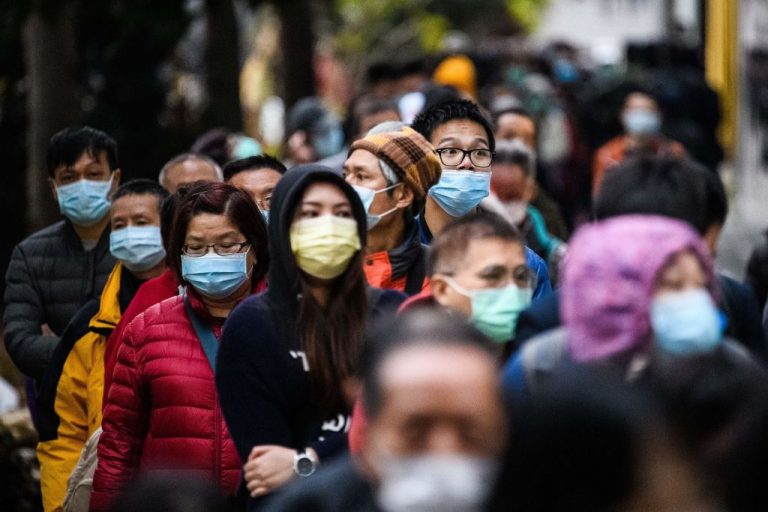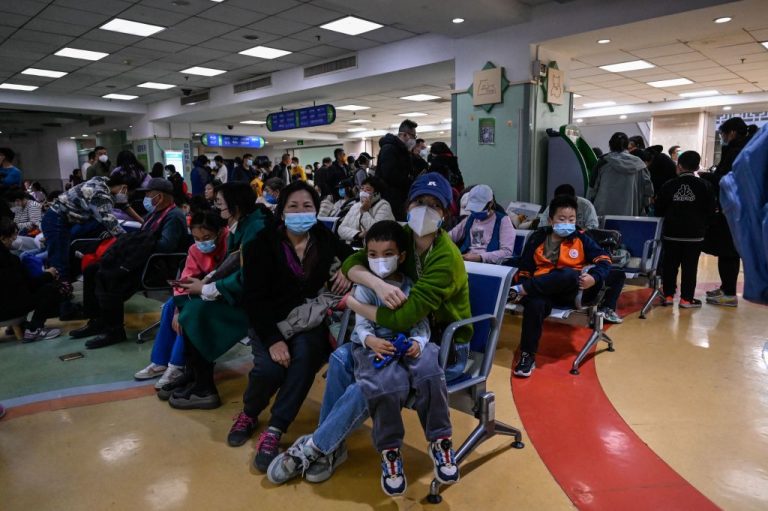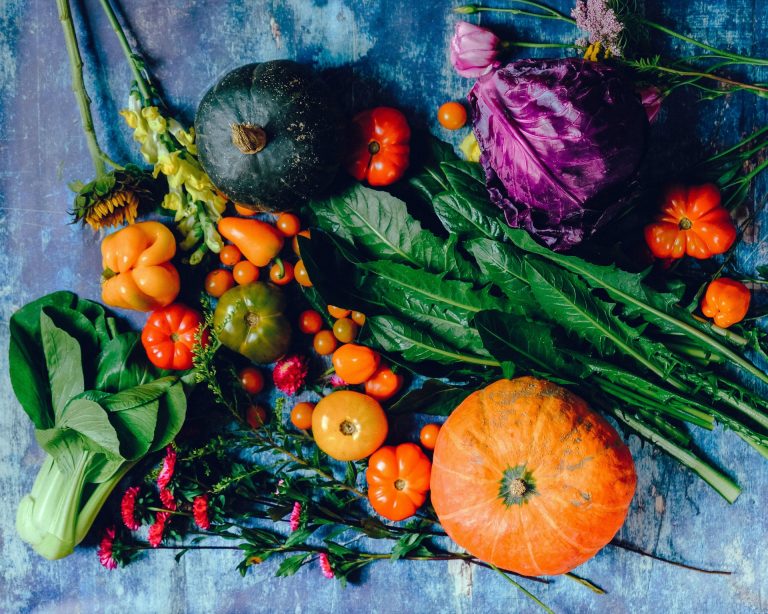Scientists from Brazil, the United States, and Canada found that regular use of ivermectin as an agent for prevention “significantly reduced COVID-19 infection, hospitalization, and mortality rates.” The new study was published on Jan. 14, 2022 in the Cureus journal.
Based on the known safety profile and past studies touting the efficacy of the drug, a citywide prevention program was initiated in Itajaí, a southern city in Santa Catarina, Brazil from July to December of 2020. The prospective, observational study analyzed 159,561 participants given an optional dose of 0.2 mg/kg/day for two consecutive days every 15 days.
113,845 (71.3 percent) of the subjects were regular ivermectin users, while 45,716 (23.3 percent) were non-users. The Coronavirus Disease 2019 (COVID-19) infection rate was 3.7 percent (4,197 individuals) from the ivermectin group and 6.6 percent (3,034 individuals) for the non-user group, representing a “44% reduction in COVID-19 infection rate” with a confidence interval of 0.53 to 0.58 and p-value of less than 0.0001.
The small range of the confidence interval indicates a higher likelihood that the result is reliable, and the p-value of less than 0.05 shows the result is statistically significant. Furthermore, ivermectin was shown to provide a mortality benefit, with a reduction in the rate of death by 68 percent.
Mortality was 0.8 percent in the ivermectin group, compared to 2.6 percent in the non-user group, with a confidence interval of 0.20 to 0.49 and p-value of less than 0.0001. After adjusting for “residual variables,” reduction in mortality rate was actually 70 percent.
Success
You are now signed up for our newsletter
Success
Check your email to complete sign up
Reduction in hospitalization rate was 56 percent in the ivermectin group, with a confidence interval of 0.31 to 0.63 and p-value of less than 0.0001. After residual variable adjustments, the reduction in hospitalization rate was higher at 67 percent.
Proposed mechanisms
There are several reasons why researchers believe ivermectin is able to help prevent individuals from getting COVID-19. The medicine is known to have “extensive anti-parasitic actions…anti-viral, anti-bacterial, and anti-protozoan properties.”
The antiviral effects of the drug are well documented in literature, including against “both RNA and DNA types of viruses, including HIV-1, yellow fever, Japanese encephalitis, tick-borne encephalitis, West Nile, Zika, dengue fever, chikungunya, Venezuelan equine encephalitis, and the pseudorabies virus.”
SARS-CoV-2, the virus that causes COVID-19, harms the body through “inflammation-mediated hemagglutinating infection disrupting pulmonary, vascular, and endothelial systems, leading to a multi-systemic disease,” states the researchers.
Multiple in vitro (outside the body) and in silico (simulation) studies have shown how ivermectin can reduce viral activity and inflammation in the body through “more than 20 direct and indirect mechanisms.”
Ivermectin is an attractive option given its “consistently beneficial signal of efficacy, a well-established safety profile, and favorable cost-effectiveness.” For those who are hesitant about other preventative therapies, the drug is a cheap and effective alternative.
Significant risk reduction
The implementation of the ivermectin prophylaxis program in Itajaí resulted in significantly decreased rates of COVID-19 infections, hospitalizations, and deaths. Compared to all other major cities in Santa Catarina, mortality rate was reduced most significantly in Itajaí during the study period, indicating the “medical-based optional prescription and citywide covered ivermectin can have a positive impact on the healthcare system.”
While the design of the study allowed subjects to self-select between treatment and no treatment instead of randomizing the groups, there was a conservative bias because major risk factors for severe COVID-19, including aging, diabetes, and high blood pressure, were more prevalent in the ivermectin group.
As a result, the benefits of ivermectin could have been underestimated “as it was demonstrated to be particularly effective in subjects above 49 years old in terms of reduction of absolute risk, which corresponds to the group at the highest risk for COVID-19,” the paper noted.
The use of ivermectin appeared to mitigate the risk of death from COVID-19 due to diabetes, high blood pressure, and cardiovascular diseases. In addition, the authors point out the massive size of the study sample and the multiple adjustments for confounding finders strengthen the robustness of the analysis. The large number of participants made it difficult to monitor whether ivermectin users were adherent to their medication regimen, which could also have underestimated the results of the study.
“Due to the well-established, long-term safety profile of ivermectin, with rare adverse effects, the absence of proven therapeutic options to prevent death caused by COVID-19, and lack of effectiveness of vaccines in real-life all-cause mortality analyses to date, we recommend that ivermectin be considered as a preventive strategy, in particular for those at a higher risk of complications from COVID-19 or at higher risk of contracting the illness, not as a substitute for COVID-19 vaccines, but as an additional tool, particularly during periods of high transmission rates,” the authors conclude.













